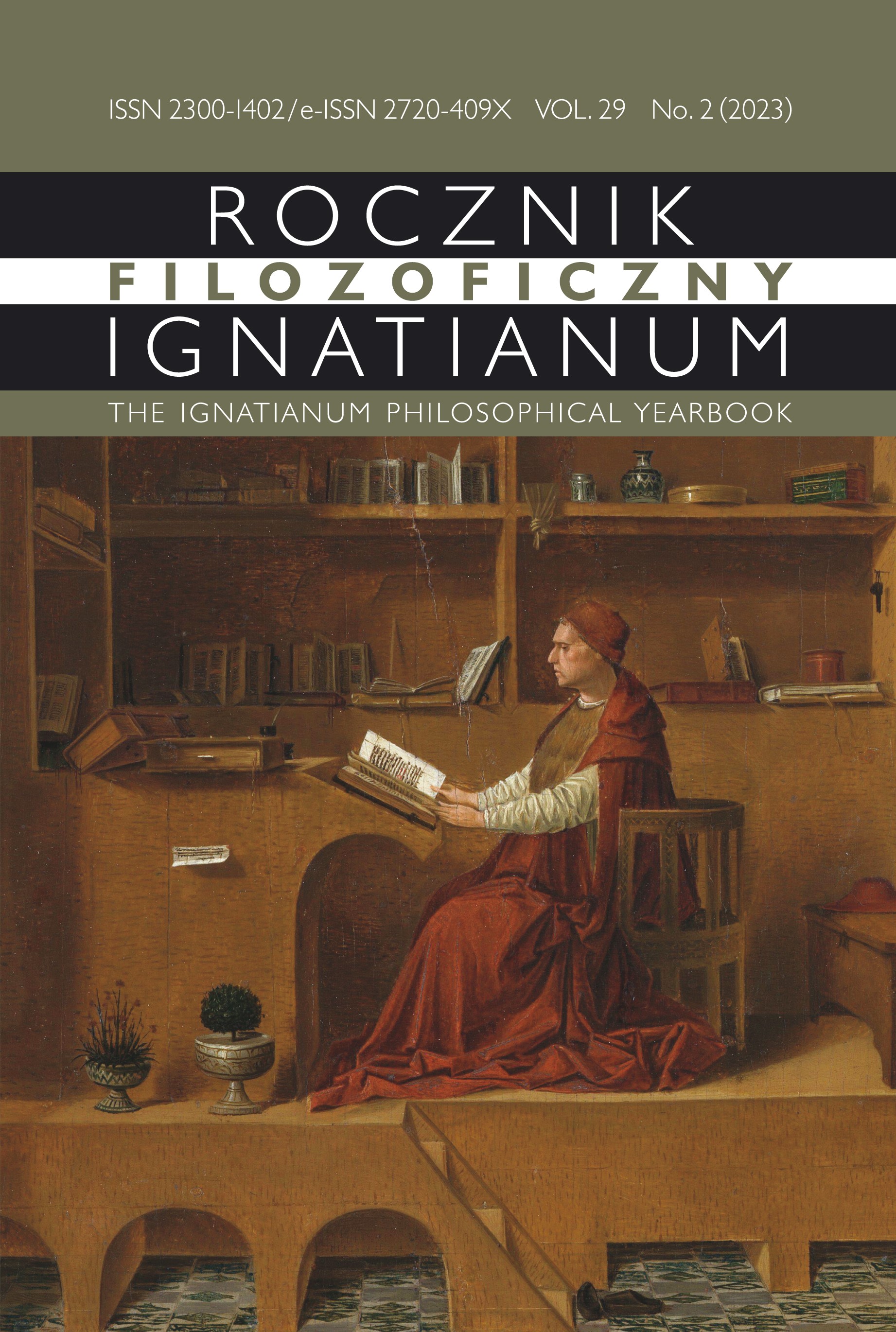Benefits Granted to Slaves or Domestic Servants by their Masters on Lusignan Cyprus: Evidence from the Notarial Deeds, 1362–1458
Abstract
This paper examines the evidence gleaned from Venetian and Genoese notarial deeds prepared on Cyprus during the period 1362-1458 to examine and discuss the relations between domestic slaves or servants, usually but not invariably female, and their masters, predominantly male. Some of these deeds were wills, containing bequests to servile women who had probably been in long term sexual relationships with their owners and to the illegitimate children who had been born from such relationships. Some of the apprenticeship contracts drawn up in Famagusta, the chief port of the island, also concern illegitimate children born to female slaves or maidservants, who were apprenticed at the owner’s expense for a number of years to a master craftsman so as to learn a trade and make a living on their completion of the apprenticeship. Some owners bequeathed houses to women other than their wives, either as a gift or else stipulating their right to reside in them. Sometimes moveable property such as furniture, bedding, silver or valuable objects were bequeathed, or even sums of money. Clearly at least some masters wished to provide for their mistresses and illegitimate children, thereby ensuring their welfare after their own deaths. By way of comparison, in Genoa masters who had sired illegitimate children with their female slaves frequently avoided paying for their upbringing, differing in this respect. Yet even on Cyprus concern on the part of masters for slaves or servants was not standard practice. Evidence from the fifteenth century Cypriot chronicle of Leontios Makhairas shows that slaves were sometimes treated cruelly, even to the point of driving them to suicide.
Copyright (c) 2023 Jesuit University Ignatianum in Krakow

Dieses Werk steht unter der Lizenz Creative Commons Namensnennung - Keine Bearbeitungen 4.0 International.
Rocznik przyjmuje do druku wyłącznie materiały, które nie wchodzą w żaden konflikt interesów, żaden konflikt z prawem autorskim itp. Redakcja prowadzi działania przeciw: plagiatom, ghostwriting1, guest/honorary authorship2 itp. Autor pracy zbiorowej, który jest pierwszy na liście, bierze na siebie odpowiedzialność i ma obowiązek przedstawić wkład wszystkich współautorów. Jeśli publikacja powstała dzięki dedykowanym środkom finansowym, należy ujawnić to np. w Podziękowaniu, przypisie itp. Ew. przedruki wymagają jawnego zgłoszenia i okazania odpowiedniego pozwolenia wydawniczego. Autorzy / Recenzenci nierzetelni narażają się na reakcję właściwą stosownym instytucjom.
______
1 Ma to miejsce, gdy osoba mająca istotny wkład jest pominięta na liście Autorów czy w Podziękowaniu.
2 Zachodzi, gdy na liście autorskiej pojawia się osoba mająca znikomy/żaden udział w pracy.





